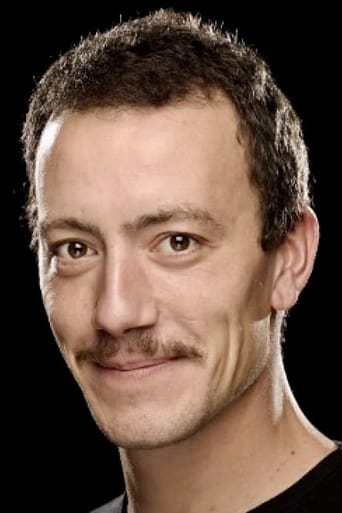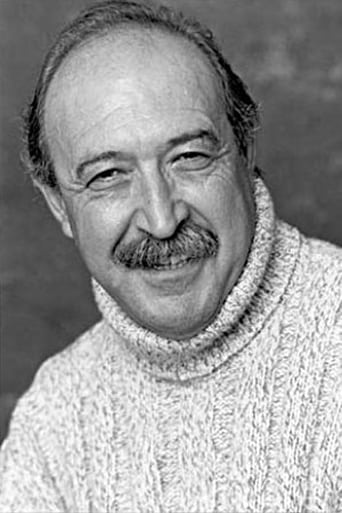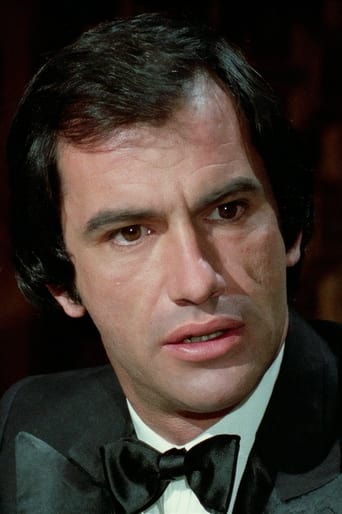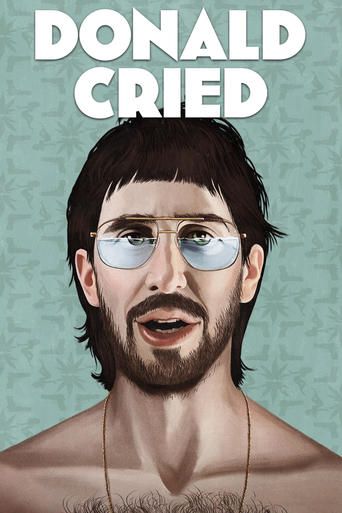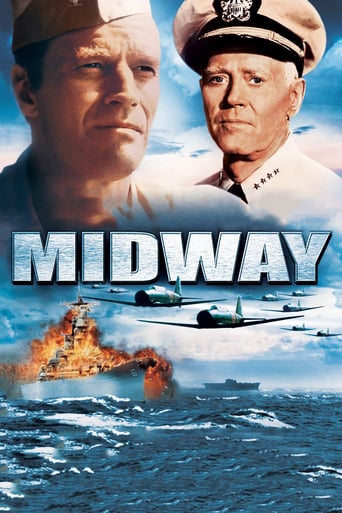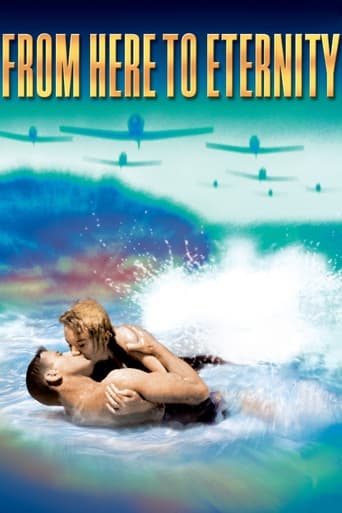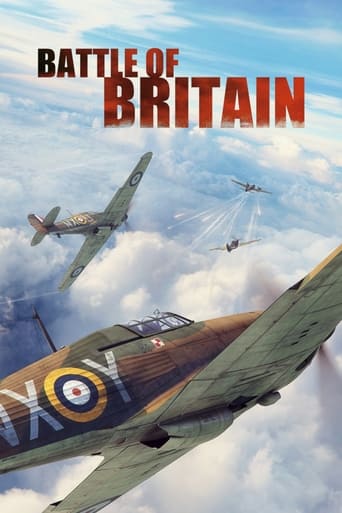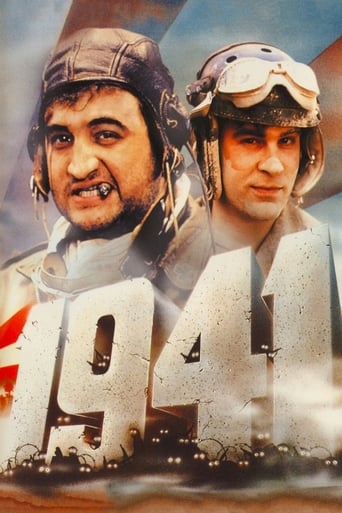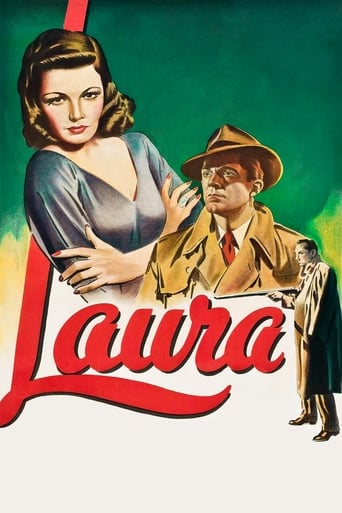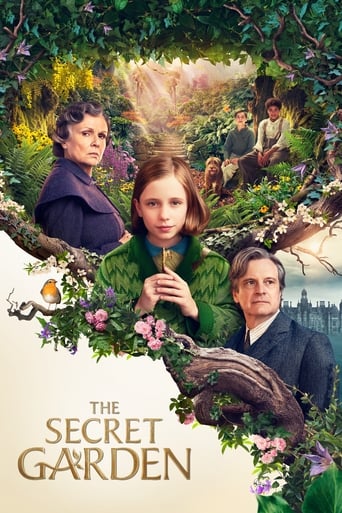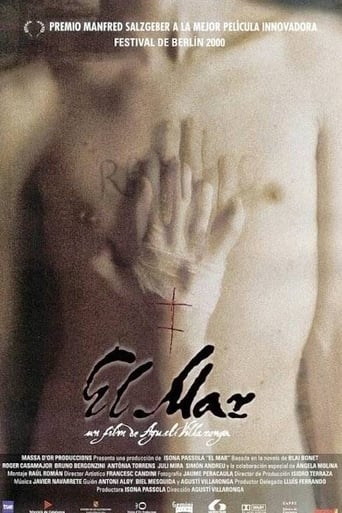
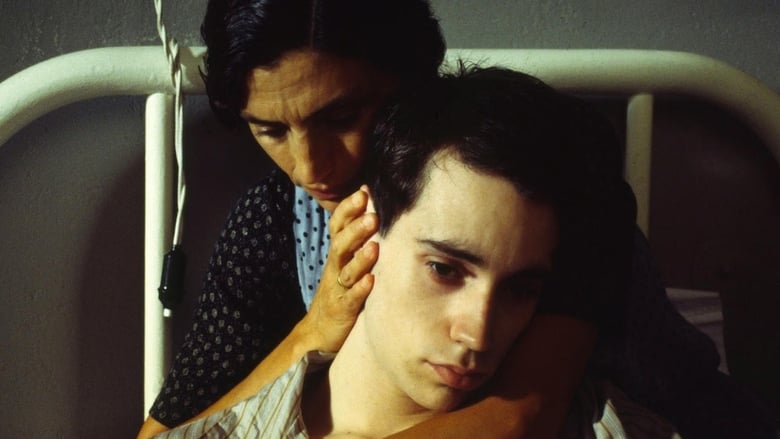
The Sea (2000)
Childhood friends reunite later in life in Spanish tuberculosis sanitorium. Pressures of death all around combine with dark secrets of their past.
Watch Trailer
Cast
Similar titles
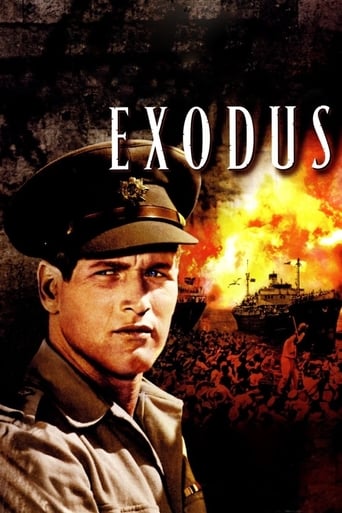
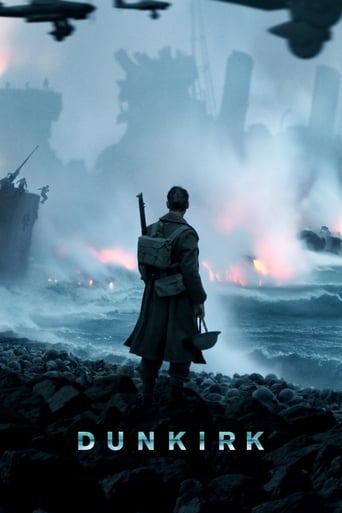
Reviews
Absolutely Fantastic
Entertaining from beginning to end, it maintains the spirit of the franchise while establishing it's own seal with a fun cast
Very good movie overall, highly recommended. Most of the negative reviews don't have any merit and are all pollitically based. Give this movie a chance at least, and it might give you a different perspective.
The film never slows down or bores, plunging from one harrowing sequence to the next.
If you want to learn something about the Spanish Civil War and about all the political details and intrigues, let me tell you, you've chosen the wrong film.This is a vision of the war as it happened in Majorca, a small island off the coast of Spain. When a war like this happens in a small island that takes position for the traitor almost at once, there is no war in the open. The soldiers are sent to the front to fight, in the mainland, while another kind of war happens at home, on the small island. There, neighbours tell on other neighbours, sometimes because their political views are contrary to the new regime, but many people are told on because of old family fights, or maybe the silent introvert who has no friends is told on by someone who wants to "earn some points". And these things don't happen in the open. There were some trials, true, but many other times people would just be woken up in the middle of the night, taken out of their homes to the closest cemetery where they would be killed. And the next morning the bodies would be found, and people would have an idea of what had happened, but nobody would dare to speak or to do anything. We're not talking about soldiers killing someone they had never seen in their life. We're talking about people killing their neighbours, and probably saying hello to their widow the next day, and even attending the funeral for the guy they had killed. We're talking about villages with one or two thousand inhabitants, where everybody knew everybody.I am from that small island and I've heard the stories my grandparents told me, and I must say that this film upset me, oh yes, it did; but I also found it remarkably beautiful and moving. The initial violence is not something the director or the writer made up, that's how things happened during that war. A kid knowing that his mate's dad is in the fascist squad that killed his dad? Completely possible. All that happened later on? Possible too. TB was real too. At that time my island was not the holiday resort it has become. People were poor, illiterate, and worked in small farms. After the war there were times of hardship.So, you won't find a war story in this film, or at least not the kind of war story you expect. There are no battlefields, no soldiers, no political intrigues. This is the meanest kind of war, which happens when the space is limited (just check the size of the island), when neighbours fight with their neighbours, when members of the same family fight each other, and they live in a place where everybody knows everybody. You'll find a story about the damage that this particular kind of war can cause to people and the story of how they survive that damage, or maybe they don't.I must mention the excellent work done by the writers who adapted the novel and by all the actors, who managed to sound really Majorcan. That was remarkable.
I picked EL MAR up after having seen Villaronga's IN A GLASS CAGE, which I enjoyed very much. I purposely didn't read anything about this film as I try to avoid "spoilers" anymore so as not to bias my opinion of the film. In this case, a little research may have been in order...The film begins with three young boys and a young girl who witness/participate in the murder of another young child. The child that actually committed the murder then commits suicide. Cut to 10 or so years later, and the two remaining boys unknowingly meet up again at a tuberculosis sanatorium. The young girl is also there as well, as a nun who helps the ailing "guests". Here we learn more of the kid's backgrounds and witness their lives amidst the backdrop of death that constantly surrounds the sanatorium.EL MAR is a strong and well made film. Shot beautifully, strong acting, and a somewhat engaging storyline. But it also tended to be dull at points. I also had no real feelings for any of the characters involved as the film didn't seem to dig too deep into their motivations for some of their more "extreme" actions. It certainly is touched-on, but not really explained deeply - thus making it hard (for me at least) to care too much about the outcomes of the characters. There is also a very strong homosexual theme throughout the film - so anyone offended by such material should probably leave this one alone. I am in no way prejudiced against gay people, but I personally can live without watching graphic homosexual scenes on film (including a particularly "rough" rape scene). Overall, I will say that EL MAR is a very "good" film - but it wasn't the type of thing that I would normally watch. 6/10
EL MAR is a tough, stark, utterly brilliant, brave work of cinematic art. Director Agustí Villaronga, with an adaptation by Antoni Aloy and Biel Mesquida of Blai Bonet's novel, has created a film that traces the profound effects of war on the minds of children and how that exposure wrecks havoc on adult lives. And though the focus is on war's heinous tattoo on children, the transference to like effects on soldiers and citizens of adult age is clear. This film becomes one of the finest anti-war documents without resorting to pamphleteering: the end result has far greater impact because of its inherent story following children's march toward adulthood.A small group of children are shown in the Spanish Civil War of Spain, threatened with blackouts and invasive nighttime slaughtering of citizens. Ramala (Nilo Mur), Tur (David Lozano), Julia (Sergi Moreno), and Francisca (Victoria Verger) witness the terror of the assassination of men, and the revenge that drives one of them to murder and suicide. These wide-eyed children become adults, carrying all of the psychic disease and trauma repressed in their minds.We then encounter the three who survive into adulthood where they are all confined to a tuberculosis sanitarium. Ramala (Roger Casamajor) has survived as a male prostitute, protected by his 'john' Morell (Juli Mira), and has kept his life style private. Tur (Bruno Bergonzini) has become a frail sexually repressed gay male whose cover is his commitment to Catholicism and the blur of delusional self-mutilation/crucifixion. Francisca (Antònia Torrens) has become a nun and serves the patients in the sanitarium. The three are re-joined by their environment in the sanitarium and slowly each reveals the scars of their childhood experiences with war. Tur longs for Ramala's love, Ramala longs to be free from his Morell, and Francisca must face her own internal needs covered by her white nun's habit.The setting of the sanitarium provides a graphic plane where the thin thread between life and death, between lust and love, and between devotion and destruction is played out. To detail more would destroy the impact of the film on the individual viewer, but suffice it to say that graphic sex and full nudity are involved (in some of the most stunningly raw footage yet captured on film) and the viewer should be prepared to witness every form of brutality imaginable. For this viewer these scenes are of utmost importance and Director Villaronga is to be applauded for his perseverance and bravery in making this story so intense. The actors, both as children and as adults, are splendid: Roger Cassamoor, Bruno Bergonzini and Antònia Torrens are especially fine in inordinately difficult roles. The cinematography by Jaime Peracaula and the haunting musical score by Javier Navarrete serve the director's vision. A tough film, this, but one highly recommended to those who are unafraid to face the horrors of war and its aftermath. In Spanish with English subtitles.Grady Harp
I went to see that movie without knowing absolutely anything and I was surprised to realise that i was seeing an unusual movie. Good interpretations, script and great direction. Maybe a little bit of less explicit blood could be made a delicious film. A detail; this film is made originally in Catalan ( a language talked in some parts of Spain ), and filmed in Mallorca (where Michael Douglas has a house). Well, the Catalan talked in this island is so different than the Catalan in Barcelona that in the cinema that i went, the dialogue was subtitled (also in Catalan) to make it understandable!!!
